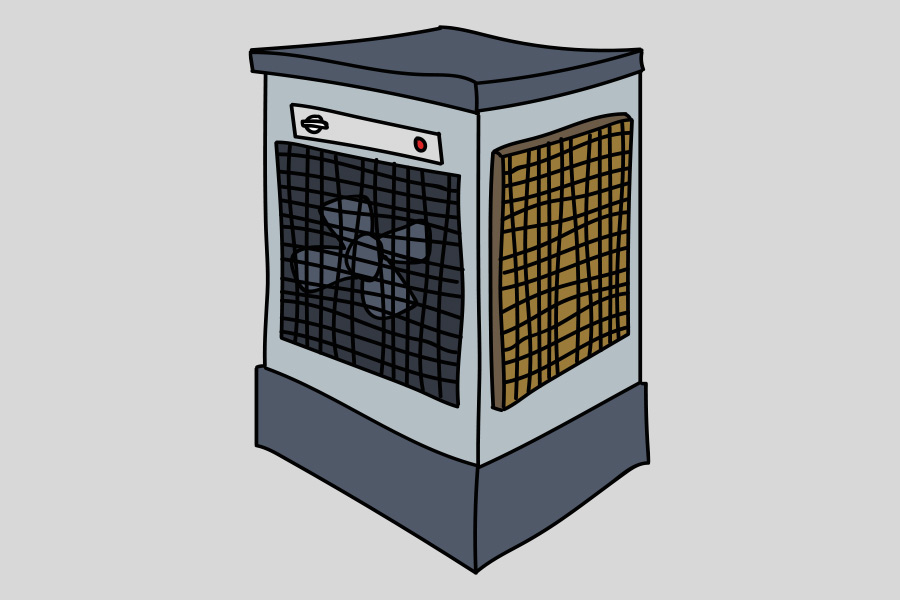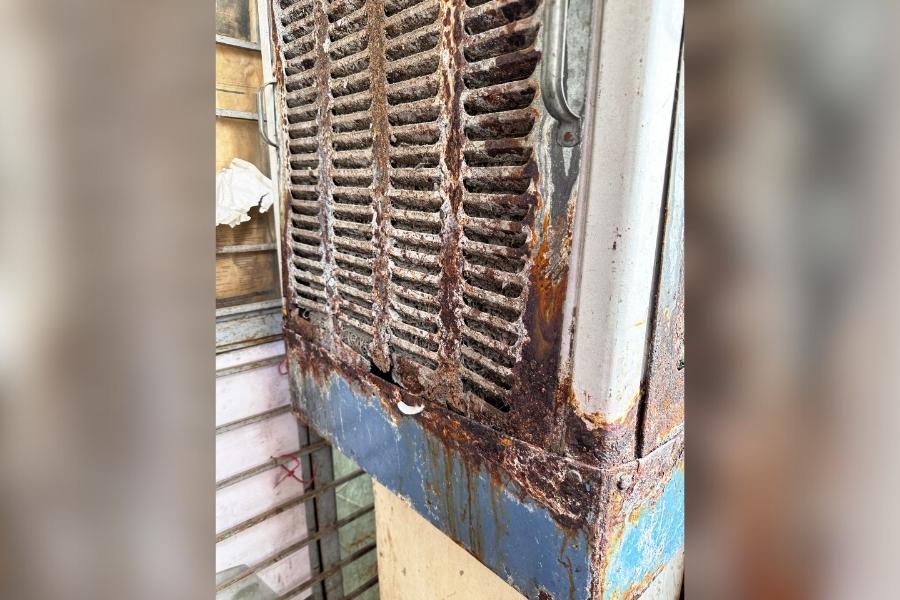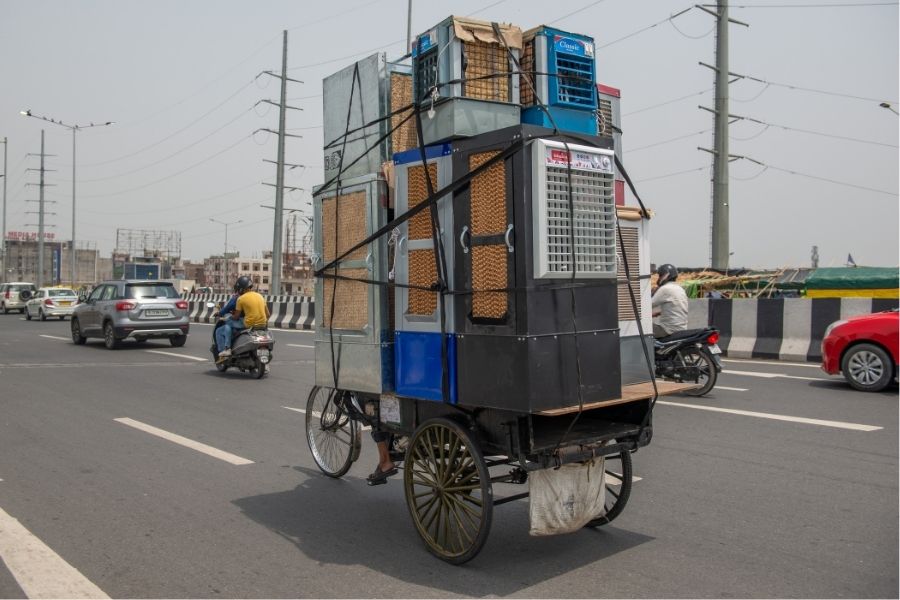As Kolkata sweats through another summer, air coolers have become a seasonal must across homes in the city. Affordable, easy to operate, and effective in dry heat, these machines are a go-to option for families without access to air conditioning. But in a city where humidity regularly exceeds 80 per cent, doctors and health experts are cautioning that coolers might be causing health problems users don’t expect, especially for people with asthma, allergies, or chronic lung conditions.
With the mercury soaring, air coolers have become one of the season’s hottest sellers. From small bedroom units priced at Rs 5,500 to large 125-litre models that go up to Rs 15,499, Kolkatans are investing in a variety of options to beat the heat. But as more households turn to coolers for affordable relief, pulmonologists are sounding the alarm — the same technology offering short-term comfort could be compromising long-term health, especially in a climate as humid as Kolkata’s.
The science of cooling, and why it doesn’t work here
Air coolers function by drawing in ambient air and passing it over water-soaked pads, using the evaporation process to release cooler air. But, for this process to work efficiently, the air must be dry. In Kolkata, where humidity levels regularly cross 80%, that basic principle is impeded.
“In Kolkata’s humid air, the evaporation of water from cooler pads is compromised,” explained Saibal Ghosh, consultant pulmonologist, bronchoscopist and intensivist at Techno India DAMA Hospital. “Not only is the cooling less effective, but the moist environment also becomes a breeding ground for mold, viruses, and allergens.”
This excess moisture, he says, encourages the proliferation of mold spores, dust mites, pollen, and airborne contaminants — all of which can aggravate conditions like asthma, allergic rhinitis, and chronic obstructive pulmonary disease (COPD).

Air coolers function by drawing in ambient air and passing it over water-soaked pads, using the evaporation process to release cooler air Shutterstock
What medical evidence tells us
It’s not just inefficiency that’s at stake — medical evidence increasingly links high indoor humidity to deteriorating respiratory health. According to Arup Halder, consultant pulmonologist at CMRI Kolkata, humid air increases airway resistance and can trigger bronchoconstriction, a narrowing of the airways that particularly affects those with pre-existing lung conditions.
“Moist air promotes mucous hypersecretion and impairs the mucociliary clearance system, which is essential for filtering out pathogens,” said Halder. “The result is a higher risk of infection, especially for patients with asthma or COPD.”
Even more concerning is the risk of bacterial contamination. Poorly maintained coolers — with stagnant water tanks and dirty pads — can harbour Legionella pneumophila, a bacterium linked to Legionnaires’ disease, a severe form of pneumonia.
“This is especially dangerous for immunocompromised individuals,” added Halder, warning that people often underestimate the microbiological impact of poor cooler maintenance in Kolkata’s already moist air.

Poorly maintained coolers — with stagnant water tanks and dirty pads — can harbour bacterium linked to Legionnaires’ disease iStock
Preventive measures and long-term alternatives
Doctors acknowledge that coolers remain a practical option for many homes, especially where air conditioning is unaffordable. However, rigorous hygiene and ventilation are key.
Both Ghosh and Halder recommended:
- Daily water replacement
- Bi-weekly cleaning of the cooler pads
- Ensuring strong cross-ventilation to lower indoor humidity
- Avoiding cooler use during high-pollution periods
Halder also points to the need for policy support in the future. “We need to look at providing subsidies for HEPA-filtered air conditioners for low-income households,” he said, “as that’s a longer-term solution for managing both heat and air quality.”
A cool(er) breeze — but at what cost?
While coolers may seem like an affordable escape from the city’s summer heat, their use in Kolkata’s high-humidity environment comes with serious caveats. With mounting medical evidence pointing to risks for respiratory health, particularly among vulnerable populations, experts urge residents to proceed with caution. In the battle against Kolkata’s oppressive weather, staying cool shouldn’t come at the cost of breathing easy.
